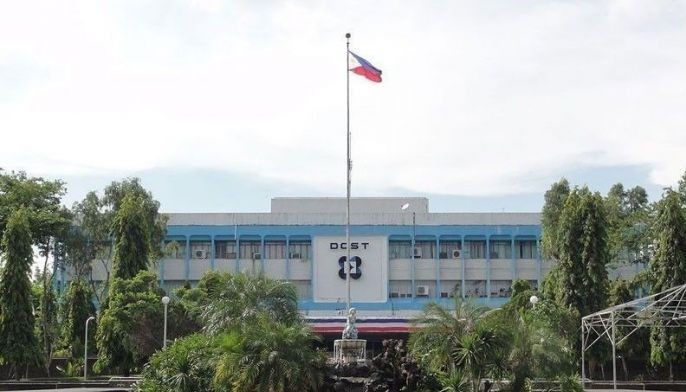MANILA, Philippines — Science and Technology Secretary Fortunato dela Peña on Friday announced that his agency submitted a proposal for the possible legislation in order to create a virology institute in the country that will serve as the premier research institute in the field of virology.
Dela Peña said the proposed research institute will be called Virology Science and Technology Institute of the Philippines or VIP.
“The institute is envisioned to be the premier research institute in the field of virology encompassing all areas in viruses and viral diseases in humans, plants, and animals,” the DOST said in a release.
“It will conduct innovative scientific research on viral agents requiring high or maximum containment (biosafety level-2 to biosafety level-4) following the World Health Organization (WHO)’s guidelines on the establishment of a virology laboratory in developing countries,” it added.
The DOST said the VIP’s primary goal is also “to develop diagnostics, vaccines and therapeutics.”
The agency said the institute will give scientists in the country and abroad to work collaboratively to study viruses of agricultural, industrial, clinical and environmental importance.
“Through strategic partnerships with some of the world’s leading scientists, virology centers, and institutes, the institute hopes to do groundbreaking and pioneering virology researches in the country that will advance the frontiers of virology in the country,” it said.
The Philippines currently has Research Institute for Tropical Medicine, the COVID-19 testing facility based in Muntinlupa City, initially “tasked to plan and implement research programs for infectious and tropical diseases.” This institute established in the 1980s now seeks to protect Filipinos against infectious diseases through “globally competitive research, training, clinical and diagnostic services and production of biologicals.”
The RITM was merged with the vaccine laboratory of the country, the Biologicals Production Service of the Department of Health in November 2000. It was later expanded “to produce other vaccines and anti-sera.”
In the same year, RITM was also designated as the National Reference Laboratory for dengue, influenza, enteroviruses, measles and other viral exanthems, polio, tuberculosis and other mycobacteria, bacterial enteric diseases, mycology, emerging diseases, malaria and other parasites.
It also serves as confirmatory testing laboratory of blood donor units for the National Voluntary Blood Services Program, among others. — Rosette Adel


